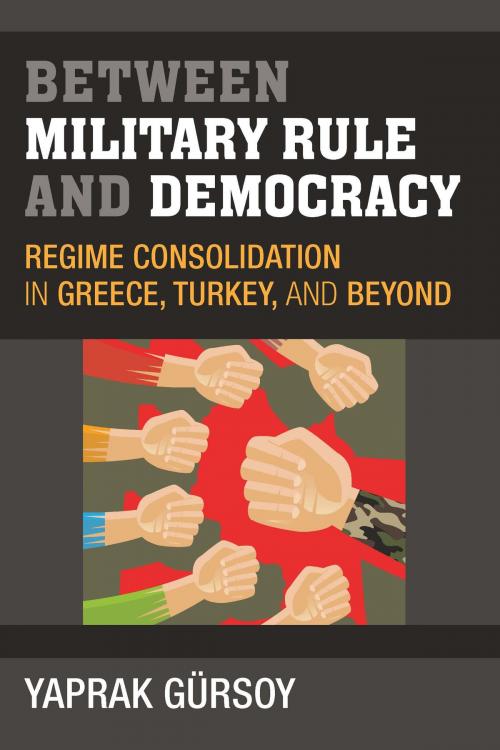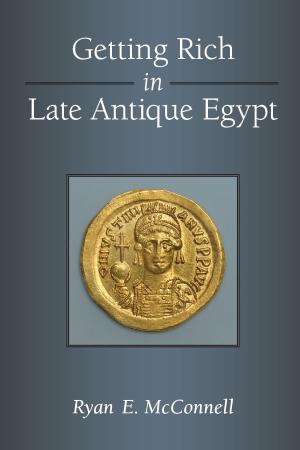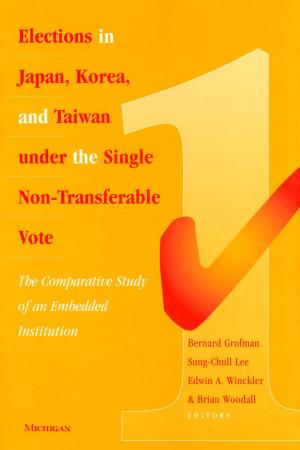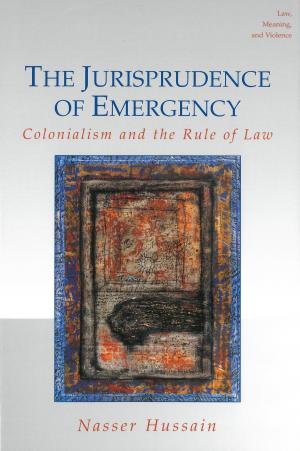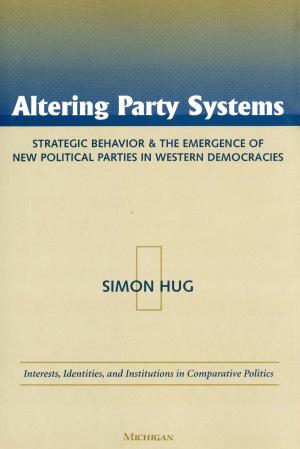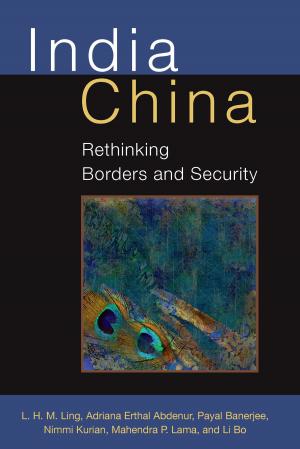Between Military Rule and Democracy
Regime Consolidation in Greece, Turkey, and Beyond
Nonfiction, Social & Cultural Studies, Political Science, International, Foreign Legal Systems| Author: | Yaprak Gürsoy | ISBN: | 9780472122998 |
| Publisher: | University of Michigan Press | Publication: | July 6, 2017 |
| Imprint: | University of Michigan Press | Language: | English |
| Author: | Yaprak Gürsoy |
| ISBN: | 9780472122998 |
| Publisher: | University of Michigan Press |
| Publication: | July 6, 2017 |
| Imprint: | University of Michigan Press |
| Language: | English |
Why do the armed forces sometimes intervene in politics via short-lived coups d’état, at other times establish or support authoritarian regimes, or in some cases come under the democratic control of civilians? To find answers, Yaprak Gürsoy examines four episodes of authoritarianism, six periods of democracy, and ten short-lived coups in Greece and Turkey, and then applies her resultant theory to four more recent military interventions in Thailand and Egypt.
Based on more than 150 interviews with Greek and Turkish elites, Gürsoy offers a detailed analysis of both countries from the interwar period to recent regime crises. She argues that officers, politicians, and businesspeople prefer democracy, authoritarianism, or short-lived coups depending on the degree of threat they perceive to their interests from each other and the lower classes. The power of elites relative to the opposition, determined in part by the coalitions they establish with each other, affects the success of military interventions and the consolidation of regimes.
With historical and theoretical depth, Between Military Rule and Democracy will interest students of regime change and civil-military relations in Greece, Turkey, Thailand, and Egypt, as well as in countries facing similar challenges to democratization.
Why do the armed forces sometimes intervene in politics via short-lived coups d’état, at other times establish or support authoritarian regimes, or in some cases come under the democratic control of civilians? To find answers, Yaprak Gürsoy examines four episodes of authoritarianism, six periods of democracy, and ten short-lived coups in Greece and Turkey, and then applies her resultant theory to four more recent military interventions in Thailand and Egypt.
Based on more than 150 interviews with Greek and Turkish elites, Gürsoy offers a detailed analysis of both countries from the interwar period to recent regime crises. She argues that officers, politicians, and businesspeople prefer democracy, authoritarianism, or short-lived coups depending on the degree of threat they perceive to their interests from each other and the lower classes. The power of elites relative to the opposition, determined in part by the coalitions they establish with each other, affects the success of military interventions and the consolidation of regimes.
With historical and theoretical depth, Between Military Rule and Democracy will interest students of regime change and civil-military relations in Greece, Turkey, Thailand, and Egypt, as well as in countries facing similar challenges to democratization.
